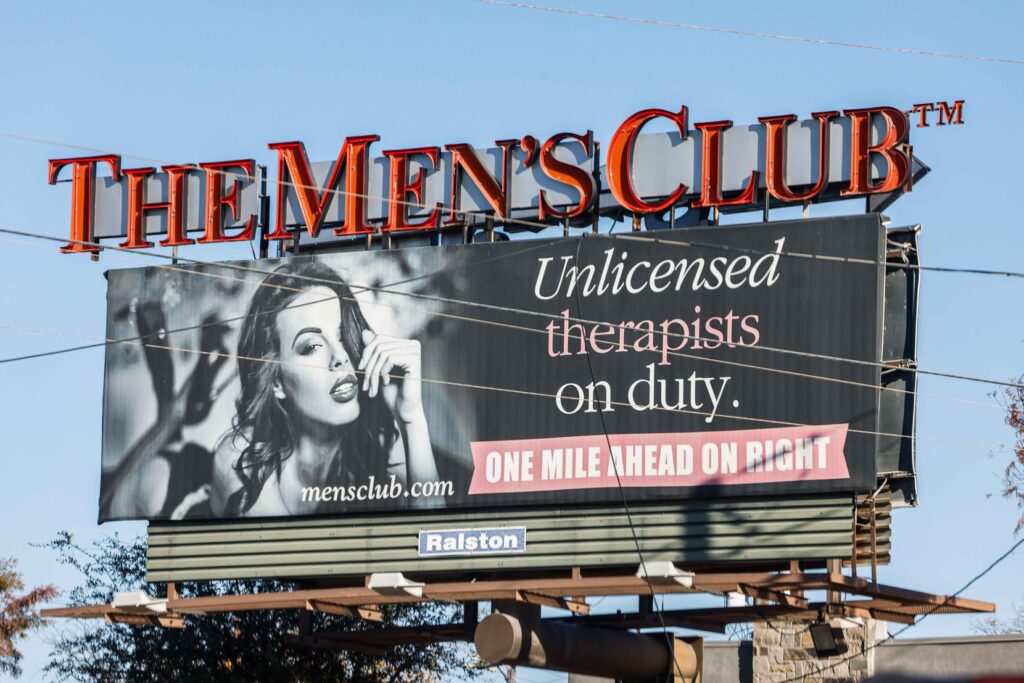A recent decision by the 5th Circuit Court of Appeals has backed a city ordinance implemented in Dallas, which imposed limitations on the operating hours of strip clubs. The ordinance directed these establishments to close between 2 a.m. and 6 a.m., with the aim of addressing late-night violent crime concerns. The Dallas City Council faced legal challenges from strip clubs during the ordinance’s consideration in 2021 and 2022, with threats of lawsuits from nightclub attorneys.

Nevertheless, the Council heeded the advice of the city’s legal representatives and law enforcement over the clubs’ protests. The 5th U.S. Circuit Court of Appeals has now ruled in favor of Dallas, overturning a previous lower court ruling that had temporarily suspended the enforcement of the ordinance.
The central issue at stake was whether Dallas had violated the First Amendment by imposing restrictions on the hours of operation for sexually oriented businesses. Erotic dancing is constitutionally recognized as a form of expression, and thus protected by the First Amendment. However, the city had a legitimate basis for its actions. The 5th Circuit Court emphasized that long-standing legal precedents have granted cities the authority to regulate sex-based businesses to address their potentially adverse “secondary effects,” such as increases in criminal activity or decreases in property values.
While cities cannot outright ban erotic entertainment establishments, they can impose limitations on the “time, place, and manner” of their operations. This explains why you don’t typically find cabarets situated near schools, for example. Importantly, these regulations cannot be arbitrary and must be well-founded in evidence.
Dallas diligently conducted research and analysis in this regard. The city’s police department, concerned about a surge in shootings near nightclubs predominantly located in the northwest of the city, created a task force to increase patrols around these establishments and gather data. Over a significant portion of 2021, law enforcement compared various factors, including crime rates, arrests, and 911 calls, between two time windows: from 10 a.m. to 2 a.m. and from 2 a.m. to 6 a.m. The police found that the majority of violent crimes occurred during the latter time window, including more than half of the nighttime Priority 1 calls.
Before implementing the ordinance, the council held thorough discussions with the police department regarding their findings. They referenced academic research linking crime to sex-based businesses and shared findings from two other Texas cities that indicated a correlation between sexually oriented business operating hours and increased criminal activity. It was a well-reasoned approach, contrary to the clubs’ claims.
Among other objections, the strip clubs argued that the police data was flawed, as it potentially inflated crime statistics by including offenses that may have occurred nearby but not directly at the clubs. The appeals court determined that Dallas needed to demonstrate a reasonable connection between increased crime and the nighttime operations of these establishments, rather than requiring exact evidence, as demanded by a district court.
The strip clubs may still seek review by the U.S. Supreme Court, but it is believed that the ordinance will withstand legal scrutiny in accordance with the law. The “secondary effects” of sex-based businesses are well-documented and can negatively impact the community as a whole.
This legal victory is not only a success for the city but, more importantly, a triumph for the Dallas neighborhoods that have endured the gun violence and disturbances often associated with these establishments.